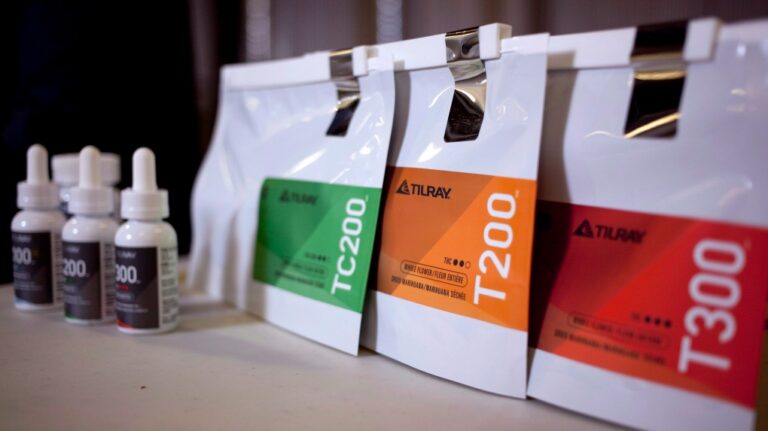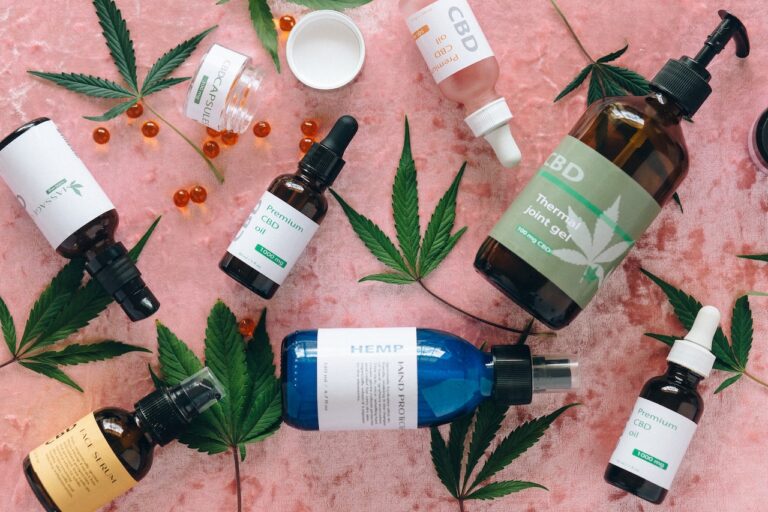In south east Asia, Thailand has enacted the most progressive cannabis drug regulations. But the fight
against “harder” drugs goes on. Some of the frontline personnel are met by dateline. Thai authorities have loosened its drug prohibitions in an effort to boost tourism. But would tourists who are high worsen the country’s drug problems?
Thailand: drugs, tourists, and prison time will air at 9.30 p. M. On Tuesday, august 30. Thailand’s reputation is rather paradoxical; while it has long been seen as a haven for adult western tourists, it is also well-known for its strict drug laws.
It has had some of the strictest drug regulations in the world for many years. But after the covid-19 outbreak damaged its economy, Thailand somewhat modified its stance in an effort to boost the tourism sector and reduce prison congestion. The nation legalized marijuana in June, allowing citizens to cultivate and enjoy the drug at home. More than 3,000 inmates who had been incarcerated on marijuana-related offences were immediately released after the bill was passed.
Additionally, it appears to be having the desired impact on tourists. The first legal cannabis cafe in the nation, highland cafe, has opened and is already drawing hundreds of residents and visitors. Nathan Feeney, a Bangkok-based legal specialist, has defended hundreds of locals and visitors accused of drug-related crimes.
Since i’ve been here, that is the action you should avoid taking. A drug case in Thailand is the last thing you want. I’ll claim that the majority of foreigners charged with a drug offense in Thailand are charged with cannabis. This modification goes hand-in-hand with a drug bill that will become law in 2021 and emphasize treatment and prevention above punishment. The drug law is intended to lessen the overcrowding in jails, which is currently running at triple the authorized capacity, and to lessen the harsh punishments handed out to those found guilty of drug offenses. In the past, Thailand defined trafficking to be the possession of any amount of a class one drug greater than 0.375 grams, punishable by a minimum four-year term.





